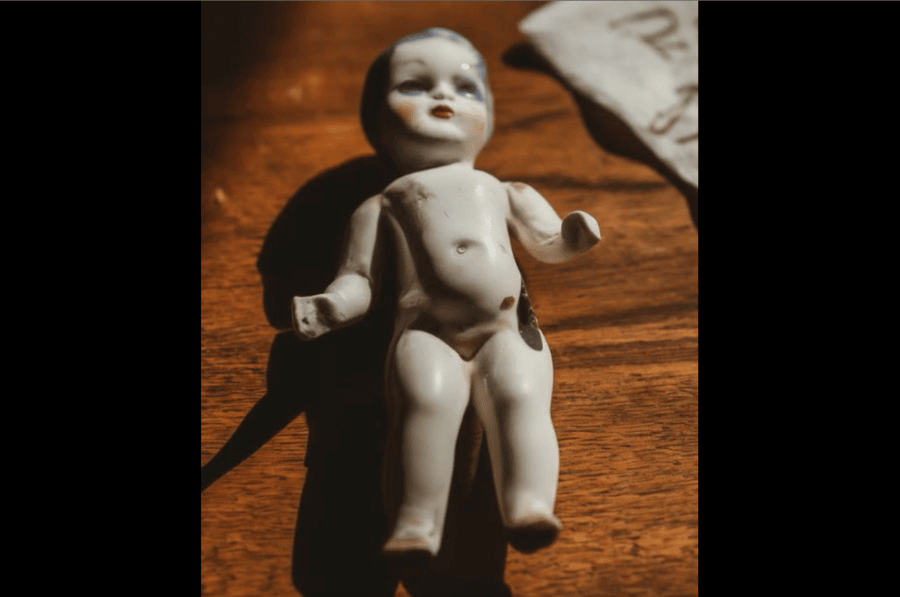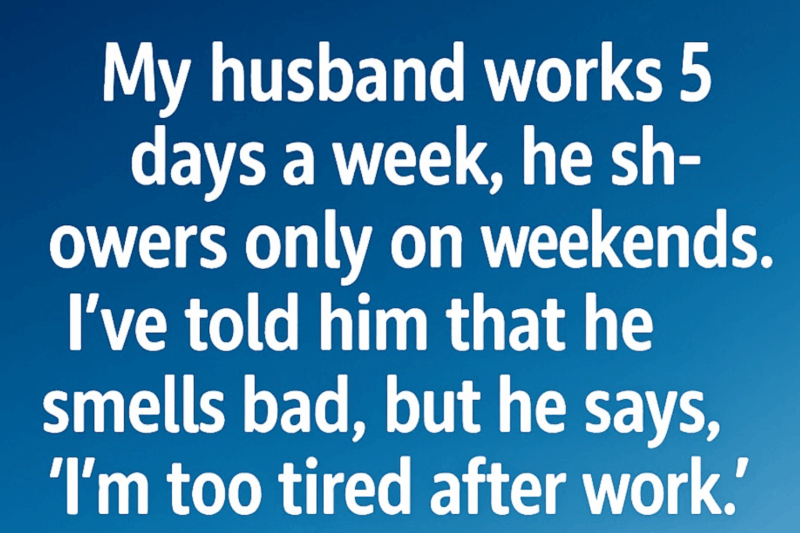The court decree named us her legal guardians, yet for nine years, that document remained merely ink on paper. We were her aunt and uncle, not her mother and father, and whenever the phone chimed with a greeting from her birth mother, Esme would dart behind the sofa, trembling. That pattern held until a particular call arrived, one where the voice on the line carried a frantic, high-pitched urgency that shifted our world.
That voice belonged to a social worker. She revealed that Esme’s mother, Soraya, had been released after another clash with the law and was now demanding her daughter’s return. Soraya claimed her addiction was history and vowed to raise Esme herself, despite living in a motel room with no steady income.
I strove to remain composed, explaining that Esme flourished in our stable home, but the social worker repeated a single phrase: “The law prioritizes reunification.” Esme stood nearby, thumb in her mouth, absorbing my side of the conversation. Her eyes, locked on the phone, brimmed with a fear I hadn’t witnessed before, as if a nightmare had spoken her name aloud. Days later, a package from Soraya arrived, containing a chipped porcelain doll and a note scrawled on a crumpled napkin.
I read the note twice, each word sinking heavier. It declared, “She’s mine. Don’t forget that.” My hands trembled as I tucked the napkin back into the box. The doll’s glassy stare seemed to track me as I placed it atop the refrigerator, out of Esme’s reach. But she had already seen it. She gazed at it silently, lips pressed tight, then retreated to her room without a word.
That night, she wet the bed, a regression unseen in years. Alina, my wife, and I exchanged glances over the laundry sink as we washed the sheets. No words were needed; we both sensed the gathering storm. Esme’s nightmares had always revolved around her mother, and this reappearance threatened to unravel her fragile sense of security.
The next week, we attended a custody hearing. The courtroom carried the scent of polished wood and aged documents, the judge’s gavel striking with an almost oppressive weight. Soraya stood opposite us, her hair disheveled, a nervous smile fixed on her face. She told the court she was sober, employed, and prepared to parent her daughter. Her words sounded rehearsed, but her twitching hands betrayed her, catching the judge’s attention.
Esme gripped Alina’s hand so fiercely her knuckles paled. When the judge asked if she wished to speak, Esme buried her face in my wife’s side. That gesture spoke volumes. The judge postponed the ruling, ordering a thorough evaluation. For us, it felt like a fleeting respite, but for Esme, it meant weeks of lingering dread.
At school, her teachers summoned us. Esme had withdrawn, no longer engaging in class. She gnawed her pencils to stubs and flinched at the ring of the classroom phone. At home, she shadowed Alina relentlessly—through the kitchen, the laundry room, even waiting outside the bathroom door to ensure she wasn’t alone.
We did our best to insulate her from the legal turmoil, but children perceive more than adults often realize. One night, as I tucked her into bed, she whispered, “If she takes me, will you come find me?” I wanted to promise her safety, but the law’s uncertainty bound my tongue. My silence answered her question, and her small shoulders shook as she turned to weep into her pillow.
Weeks dragged on. Soraya arrived late to every supervised visit, sometimes not showing at all. When she did appear, she brought Esme trinkets—cheap bracelets, one-eyed stuffed animals, gas station snacks. Esme accepted them courteously, but at home, she shoved them under her bed or discarded them entirely. One day, she asked Alina, “Do I have to keep these things?” Alina shook her head. “No, sweetie. You don’t have to hold onto anything that hurts you.” Esme’s faint smile suggested she’d been waiting years for that permission.
Soraya, however, persisted. Late-night calls to our home became routine. Sometimes she raged, accusing us of stealing her child. Other times, she wept, pleading for Esme to “come home.” I stopped answering, but one night, Esme grabbed the phone before I could. She listened briefly, then slammed it down, her small frame quivering. “She said she’s coming for me,” Esme whispered. That night, she insisted on sleeping between us, her tiny hand clinging to my shirt like an anchor.
Two months later, a call came—not from Soraya, but from her probation officer. Soraya had violated her parole, not with drugs, but by stealing jewelry from a motel guest and attempting to pawn it. The act was minor, almost pitiful, but sufficient to return her to jail. The officer sighed, explaining, “This could keep her locked up for years.”
Esme was coloring in the kitchen when I ended the call. She looked up, her wide brown eyes searching mine, and asked, “Is she gone again?” I knelt beside her. “Yes, for now.” She set her crayon down and whispered, “Good.” It was the first time she’d shown relief since the ordeal began.
The court acted swiftly thereafter. Recognizing Soraya’s pattern, the judge granted us permanent custody. We became Esme’s parents in every sense. The adoption paperwork arrived, thick and weighty like a tome. Alina wept as she signed, tears staining the pages. When Esme signed her name, she pressed the pen firmly, as if ensuring the ink would endure forever.
On the day we celebrated her adoption, Esme asked to take our last name. “I want to belong with you,” she said quietly. That moment shattered my defenses—the fear of not being enough. We were no longer mere guardians. We were hers, and she was ours.
Yet, life didn’t transform into a fairy tale instantly. Esme carried invisible wounds. She startled at loud noises, recoiled from cigarette smoke, and sometimes woke crying for reasons she couldn’t articulate. Therapy aided her healing, but time proved the greater balm. Each day she saw we stayed, each morning she woke to the same bed and breakfast, a fragment of her mended.
When Esme turned twelve, she retrieved the chipped porcelain doll from atop the fridge. I’d nearly forgotten it existed. She placed it on the table and looked at us. “I don’t want this anymore,” she declared. Then she walked outside, opened the back door, and smashed the doll on the driveway. We didn’t intervene. We stood beside her, watching the shards scatter, sunlight catching the broken pieces. Her smile afterward felt like a burden had finally lifted.
Reflecting now, the truth seems clear, though it took years to grasp. Family isn’t defined by blood or legal documents. It’s about who stays, who creates safety amid chaos. Soraya loved Esme in her fractured way, but love without reliability, without presence, falls short for a child. Esme needed those who would never abandon her, who would answer every call and open every door.
Today, Esme is fifteen. She calls us Mom and Dad with ease. She laughs freely, strums her guitar, and shares her secrets as if we’re her closest confidants. Sometimes, I recall those early years—the courtrooms, the calls, the chipped doll—but then her music floats through the hallway, and I know we’ve prevailed.
The true reward wasn’t merely raising her. It was watching Esme become herself, unburdened by fear. That victory isn’t captured in legal papers but in her smiles, her bedtime stories, and the quiet joy of a child who knows she’s home.
The heart of our story is this: love often arrives through struggle, but when it does, you hold it fiercely, even when the world urges you to release it. Sometimes, the universe honors that tenacity—with a child’s trust, a family’s unity, and a renewed chance at joy.
If this story resonates, share it with someone who could use a spark of hope. A like or comment helps stories like ours inspire others that love is a fight worth winning.




